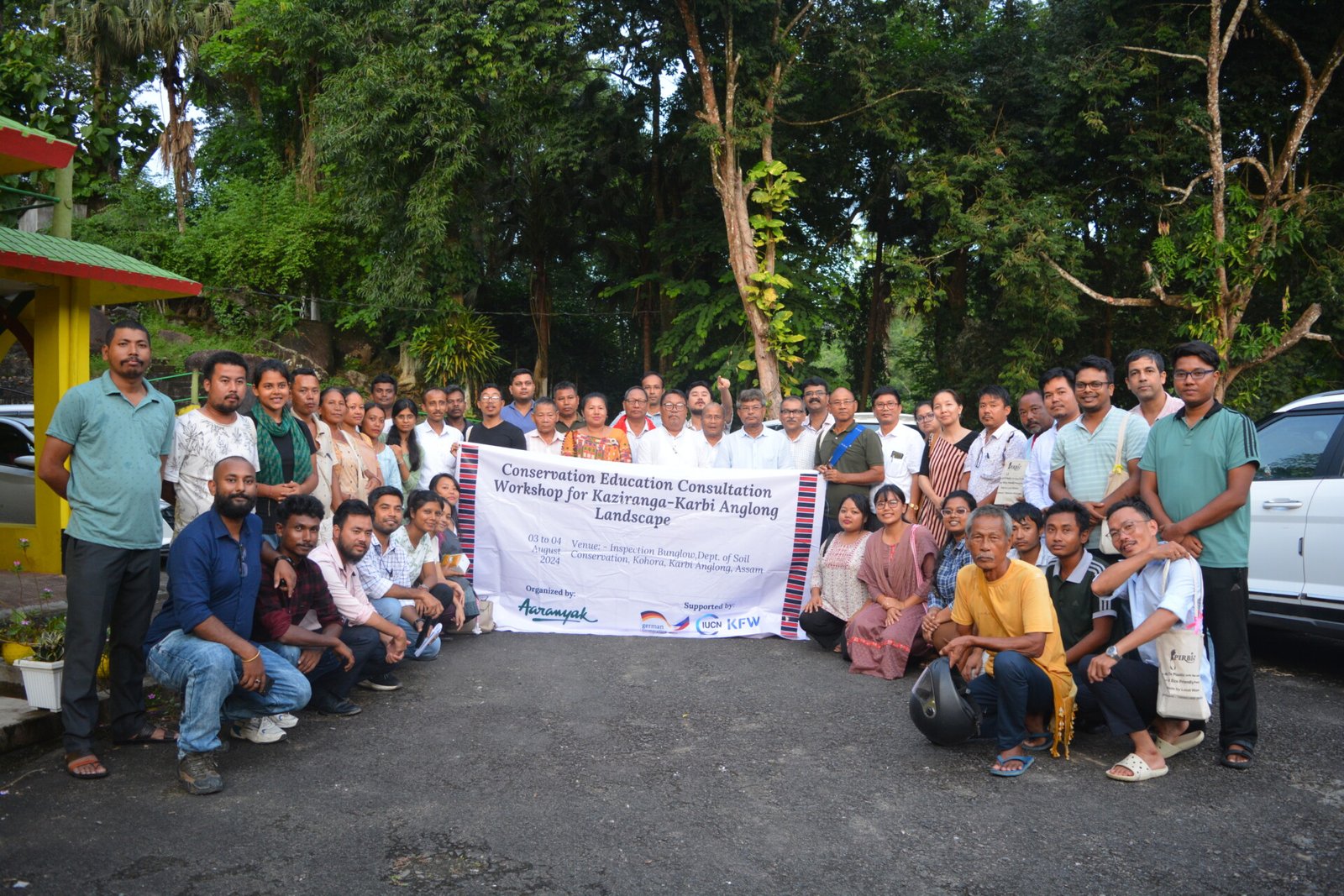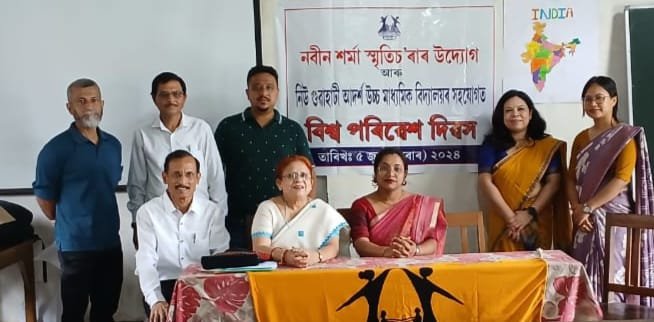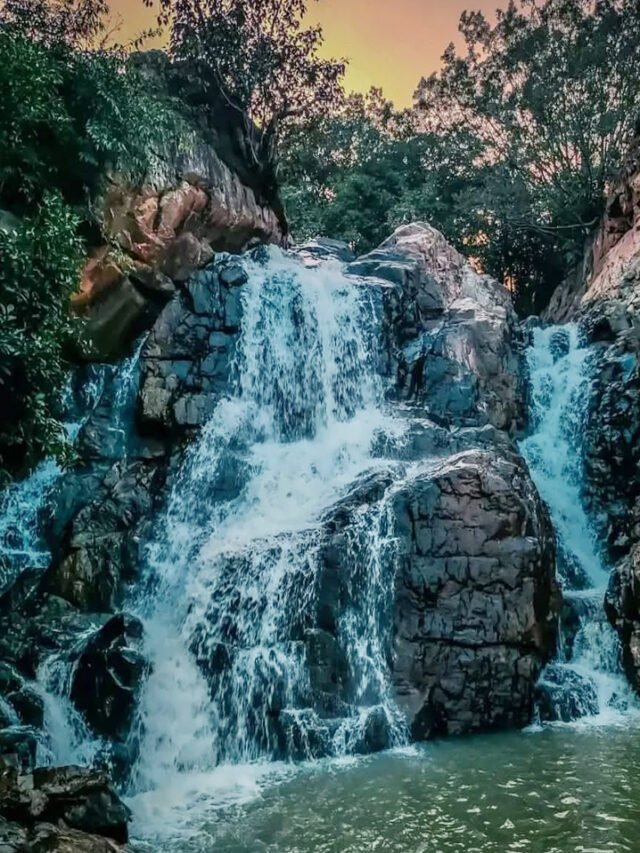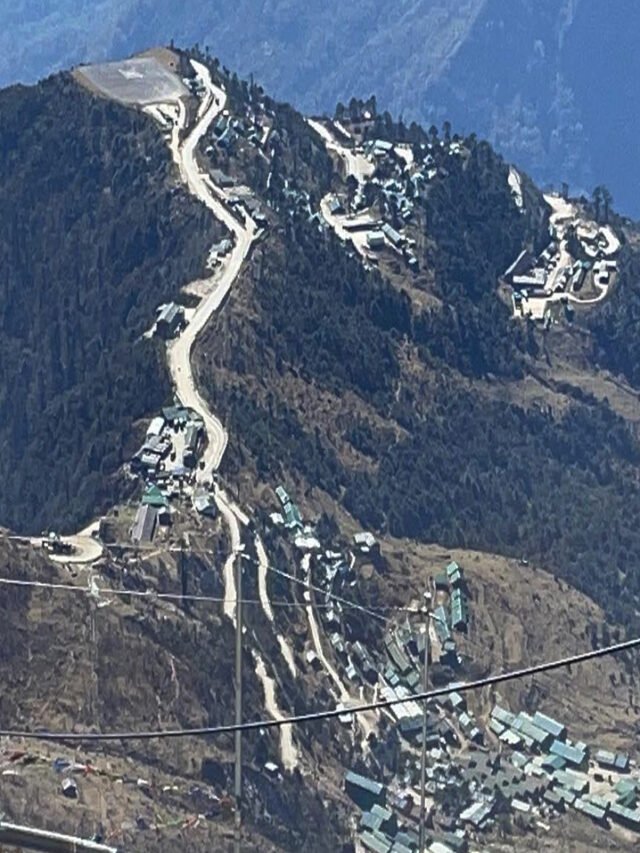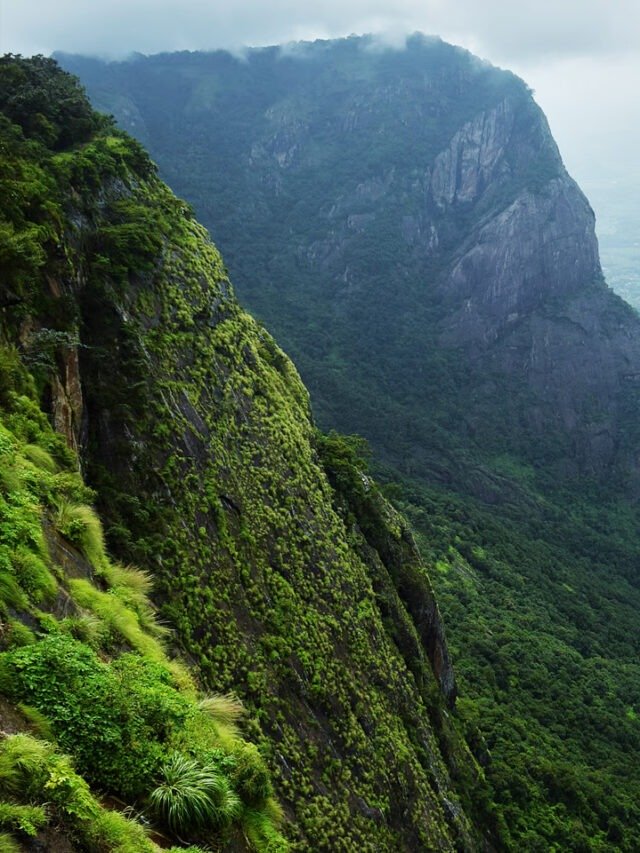HT Bureau
GUWAHATI, Dec 6: A group of 5th-semester students from the Department of Geography at Devi Charan Baruah (DCB) Girls’ College, Jorhat, recently undertook a three-day ‘Journey for Learning’ (J4L) exploring the Kohora River Basin. The community-based eco-cultural tourism initiative was organised under the Community-Based Natural Resources Management (CBNRM) initiative by Aaranyak. Aaranyak subsidised the fees for the program and fully sponsored two students from the department to ensure their participation.
Conducted from December 1 to December 3 at the Community Resource Center in Chandrasing Rongpi Village, Kohora, Karbi Anglong, the exposure trip aimed to provide comprehensive insights into the traditional village landscape from the perspective of disaster risk and management under a participatory and experiential learning approach.
The program, designed to promote sustainable use of natural resources, expanded the students’ understanding of the social capacities required in a cultural landscape for disaster risk mitigation.
The activities included an orientation session by Dr Jayanta Kumar Sarma, academic coordinator of J4L, explaining the significance of fieldwork in geography. The students participated in a ‘village walk’ divided into two teams to understand the village landscape in the context of disaster risk.
Throughout the trip, students engaged in activities such as learning the application of GPS and GIS, conducting field exercises on mapping, water discharge, and water quality assessment. They also interacted with villagers, participated in focused group discussions, and explored disaster memory, perception, and experiences.
On the third day, the students conducted Participatory Rural Appraisal (PRA) methodology, engaging in fieldwork, interactive sessions with the community, and thematic map presentations on natural and man-made disasters. The program concluded with a quiz, feedback session, and a vote of thanks by Dr Jayanta Kr Roy.
The initiative was praised for providing practical experience to students and promoting collaboration between educational institutions and organizations like Aaranyak, fostering an enduring connection with nature and community.




